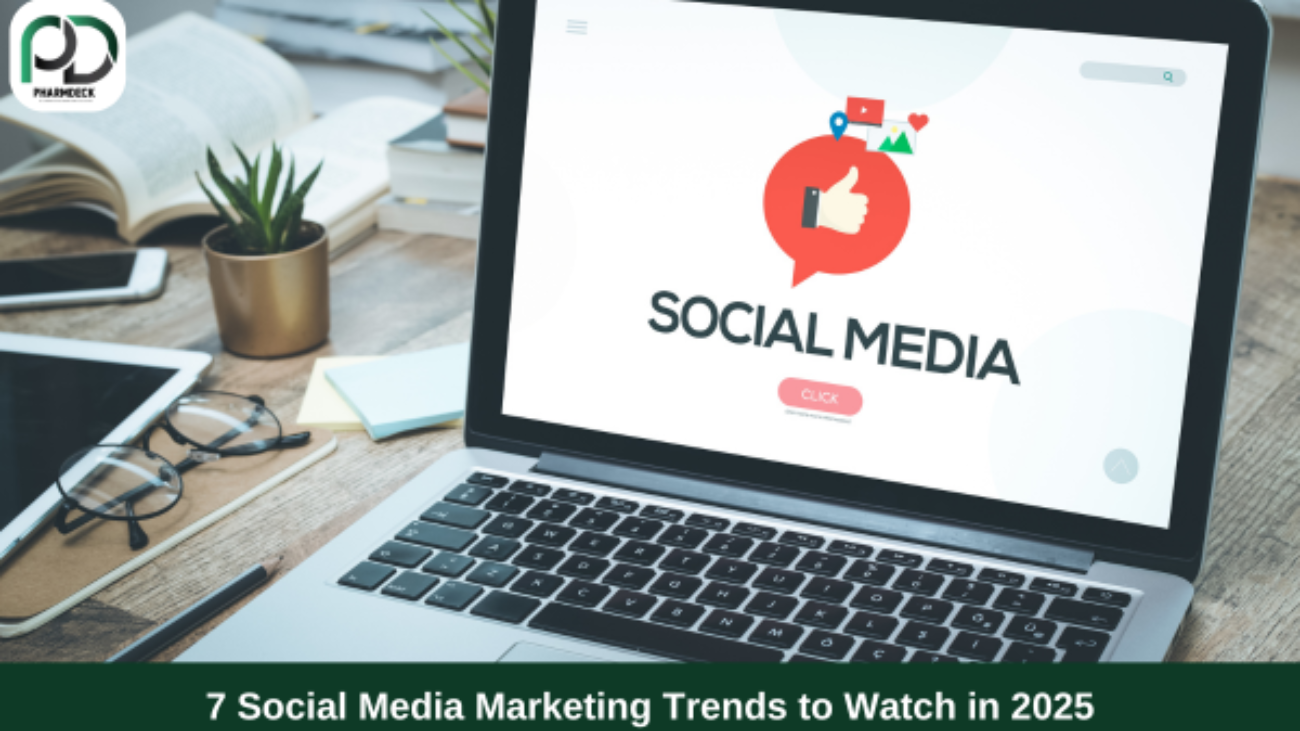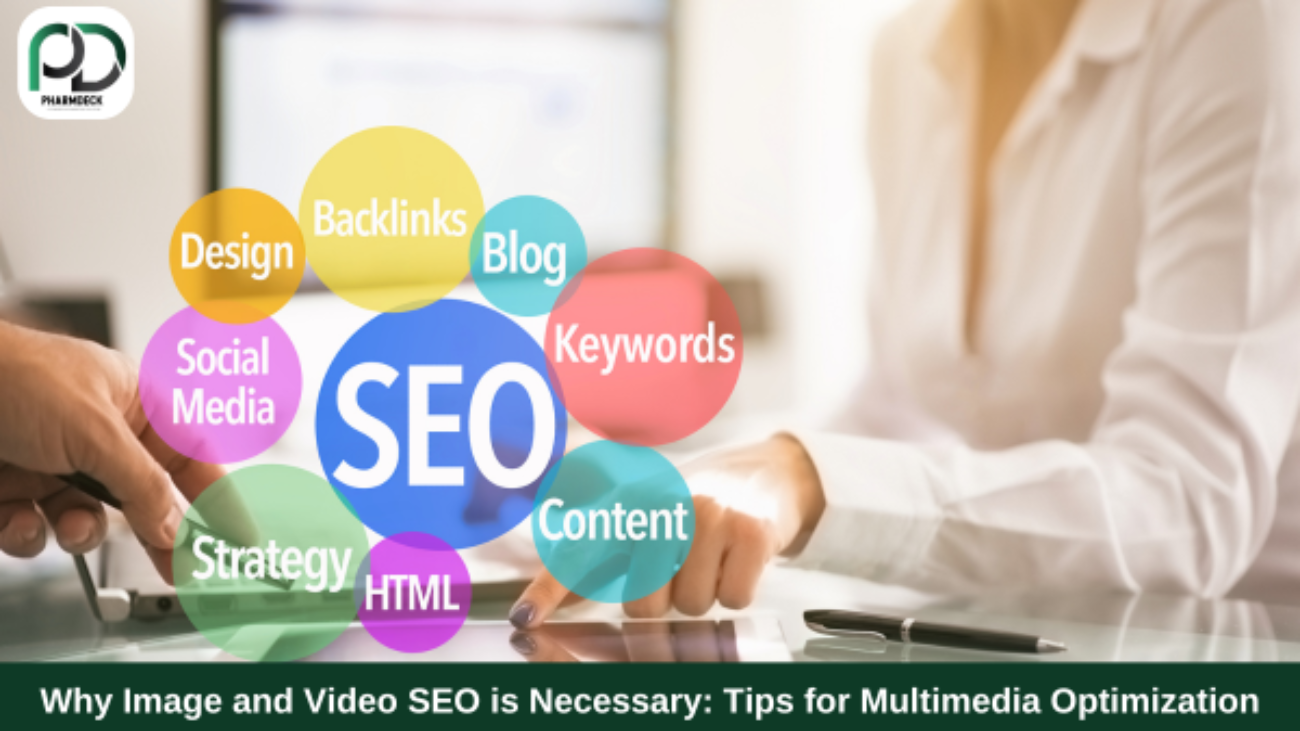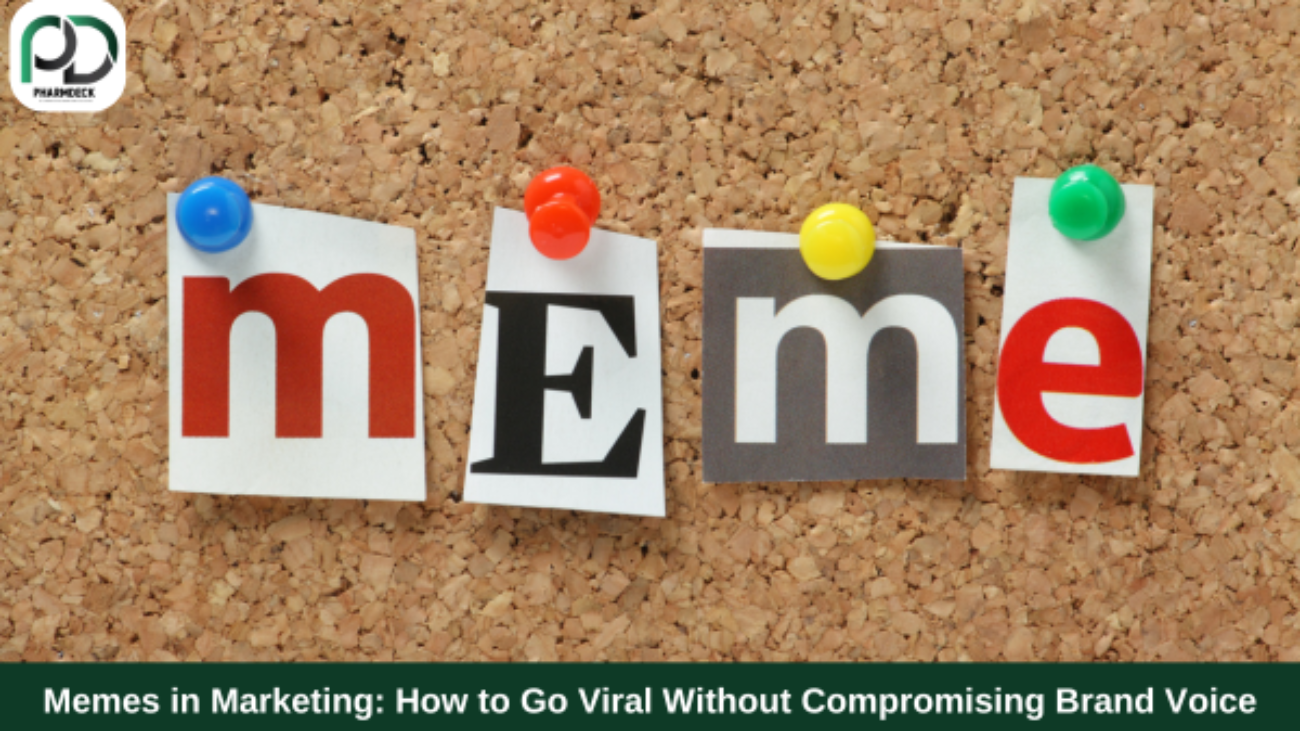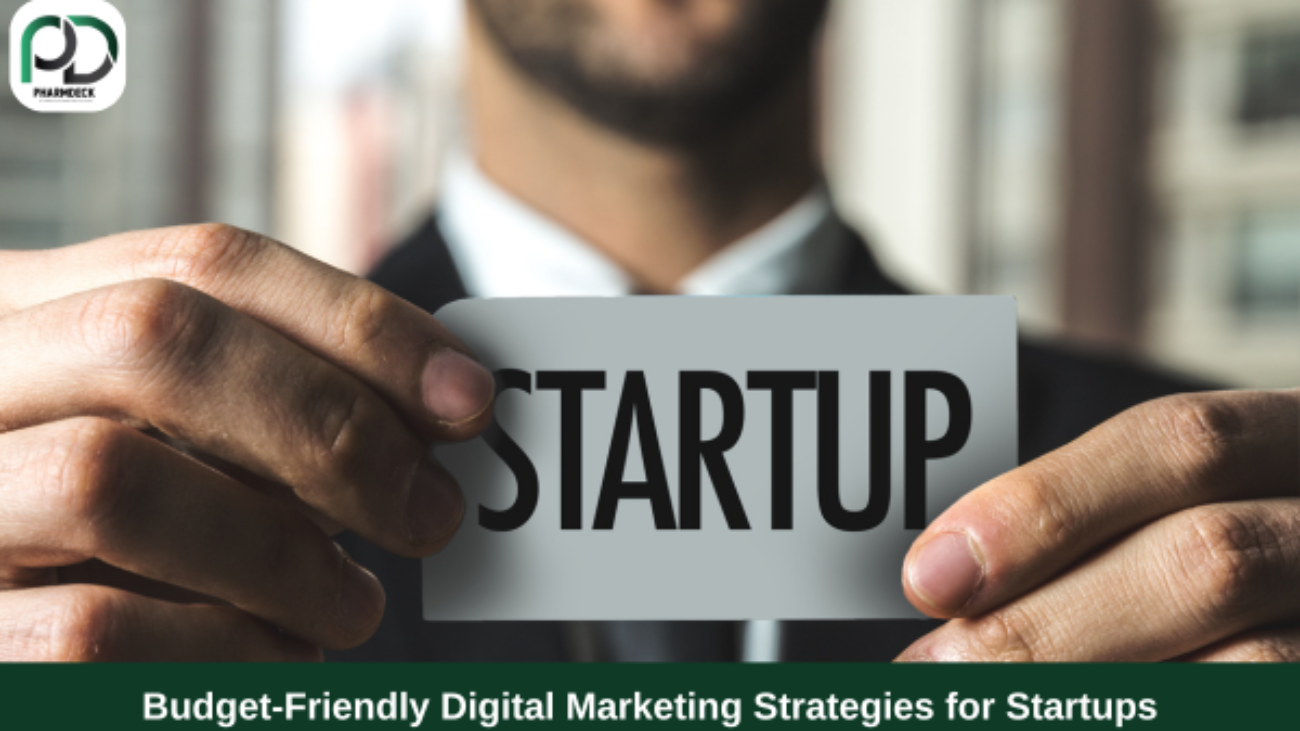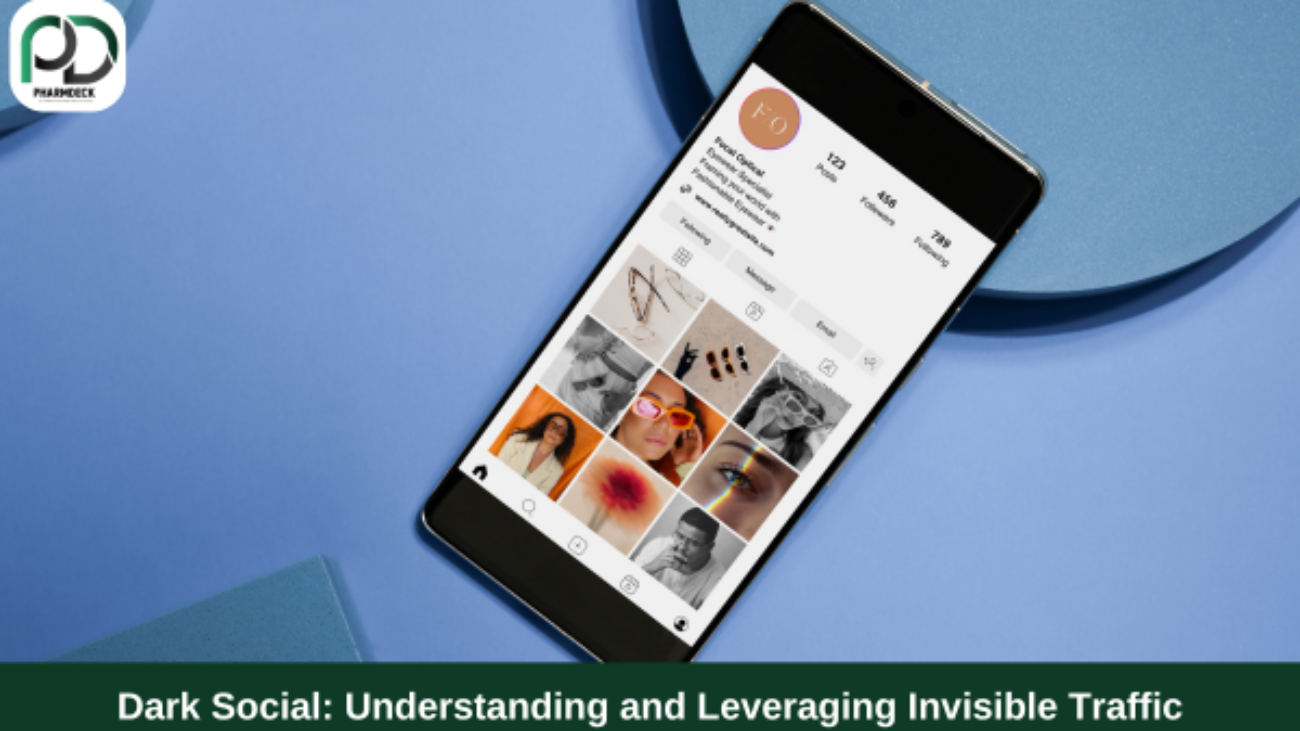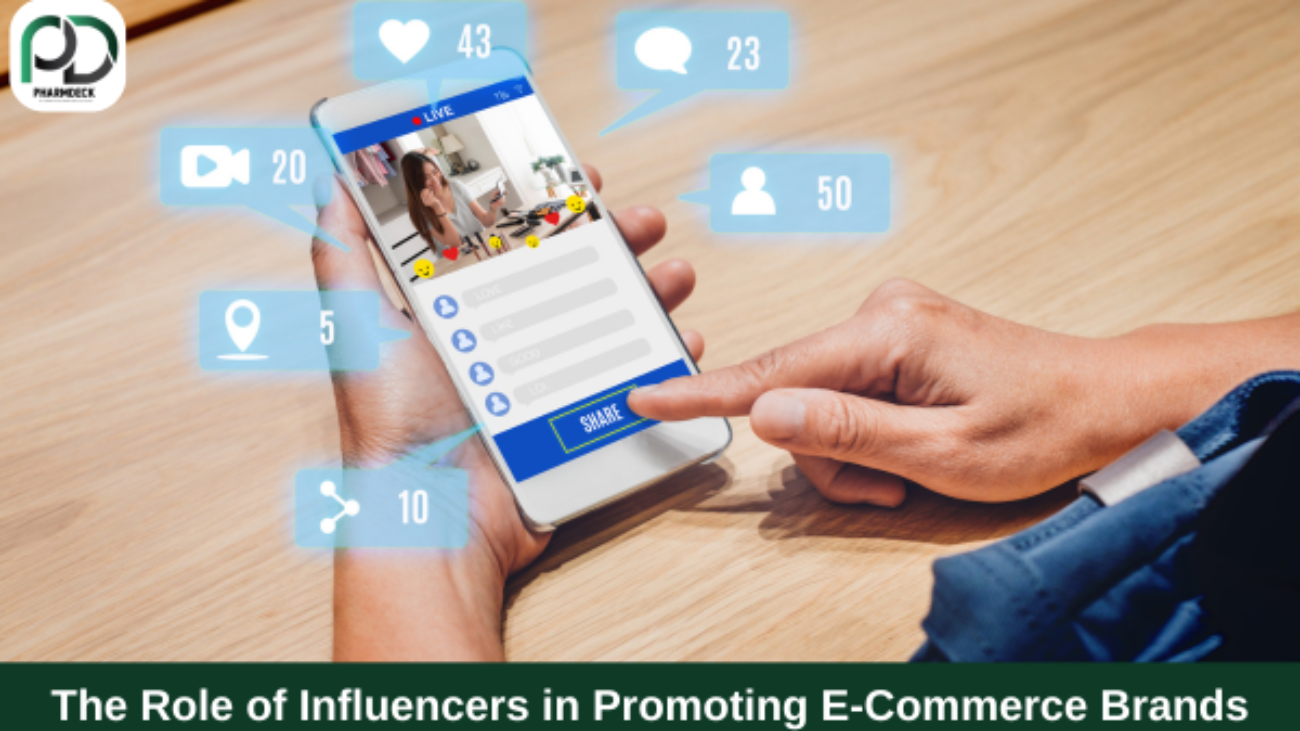As we step into 2025, the world of social media marketing continues to evolve at a lightning pace. Keeping up with the latest trends is crucial for businesses to stay relevant and engage effectively with their audience.
Sustainability Metrics Every Marketer Should Know
As a marketer, understanding and tracking sustainability metrics can help position your brand as socially responsible while meeting consumer demands. Here are key metrics every marketer should know to align their strategies with sustainability goals.
Marketing Strategies for Startups Businesses: Do’s and Don’ts
Starting a business is exciting but comes with its fair share of challenges, especially in marketing. Effective marketing strategies can make or break a startup.
Why Building a Community Around Your Startup is Key to Success
In today’s competitive landscape, startups face the challenge of not only building innovative products but also establishing a loyal customer base.
Why Image and Video SEO is Necessary: Tips for Multimedia Optimization
In today’s fast-paced digital world, multimedia content has become a dominant force. With visuals driving higher engagement rates, the importance of Image and Video SEO has skyrocketed.
Memes in Marketing: How to Go Viral Without Compromising Brand Voice
Memes have become a universal language of the internet, offering humor, relatability, and a way to connect with audiences on a personal level.
Budget-Friendly Digital Marketing Strategies for Startups
With smart strategies and the right tools, startups can effectively reach their target audience and build a strong online presence. At Pharmdeck, we specialize in helping businesses maximize their digital marketing efforts, even on a tight budget.
Dark Social: Understanding and Leveraging Invisible Traffic
In the ever-evolving world of digital marketing, “Dark Social” has emerged as a term that captures the mysterious and often overlooked side of online traffic.
The Role of Influencers in Promoting E-Commerce Brands
In today’s digital age, influencers have become a important part of E-Commerce marketing strategies. Their ability to connect with audiences on a personal level and build trust has transformed the way brands approach customer acquisition and retention.
A Guide to Creating High-Impact Landing Pages for Education Campaigns
A Guide to Creating High-Impact Landing Pages for Education Campaigns

